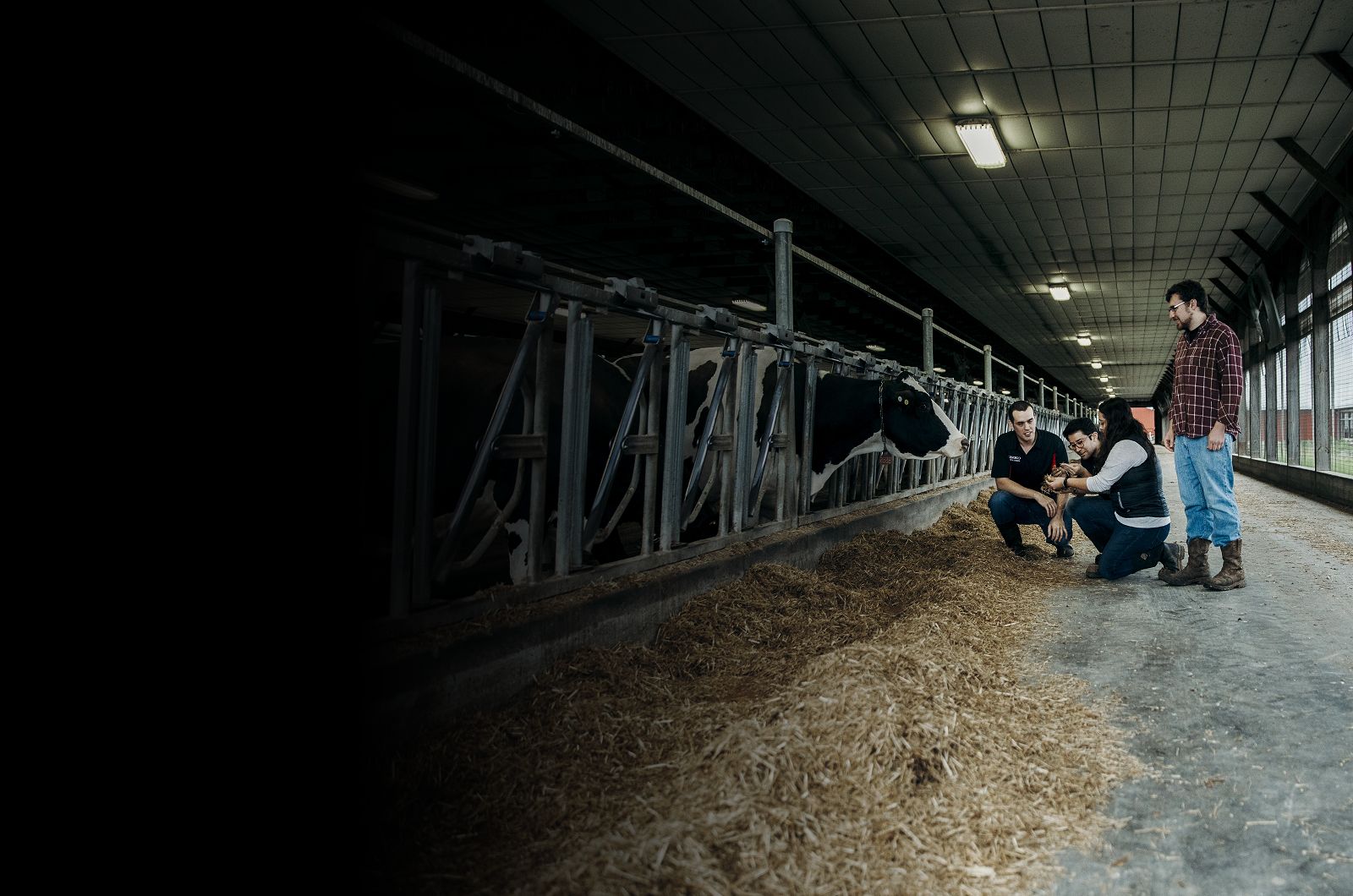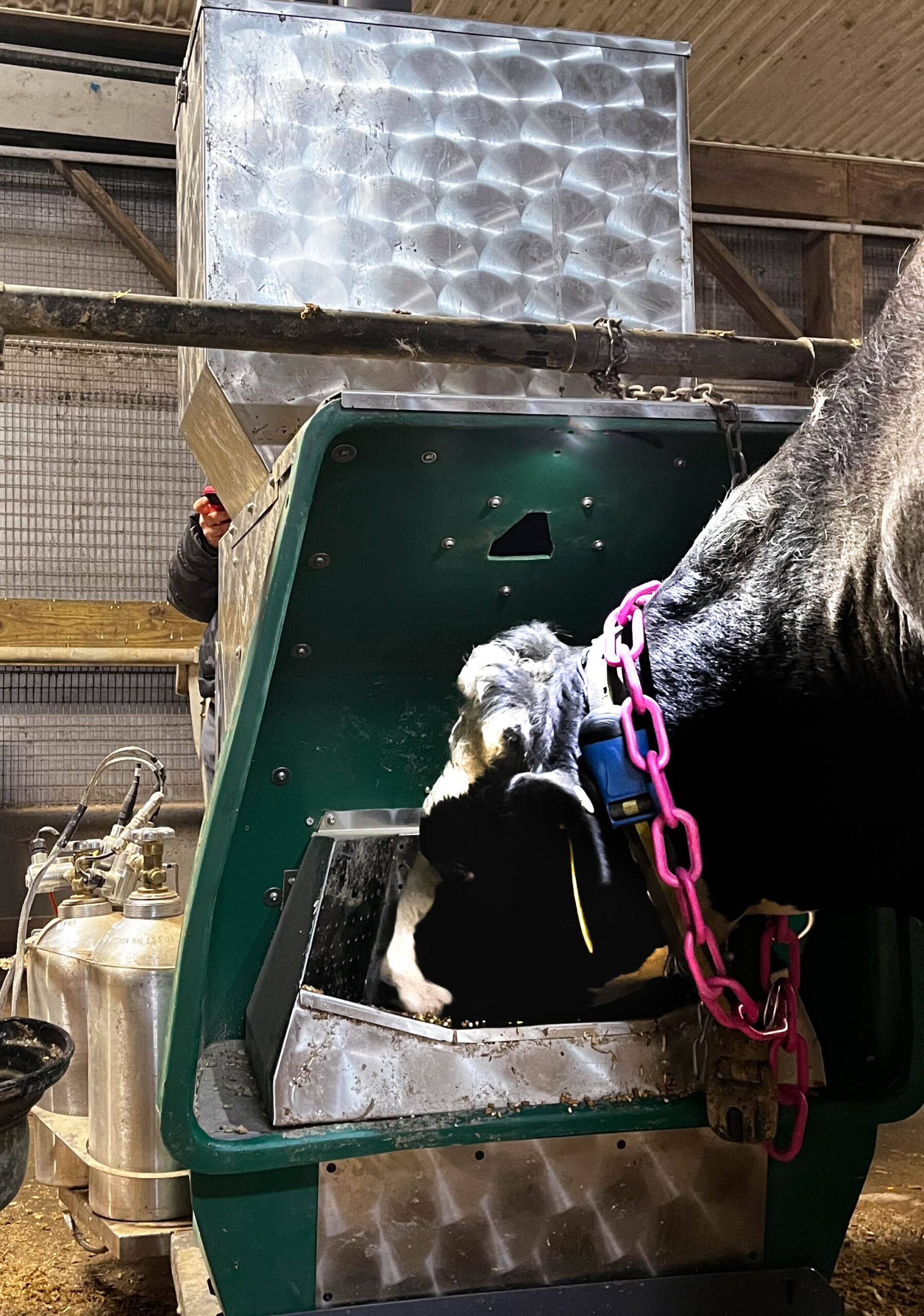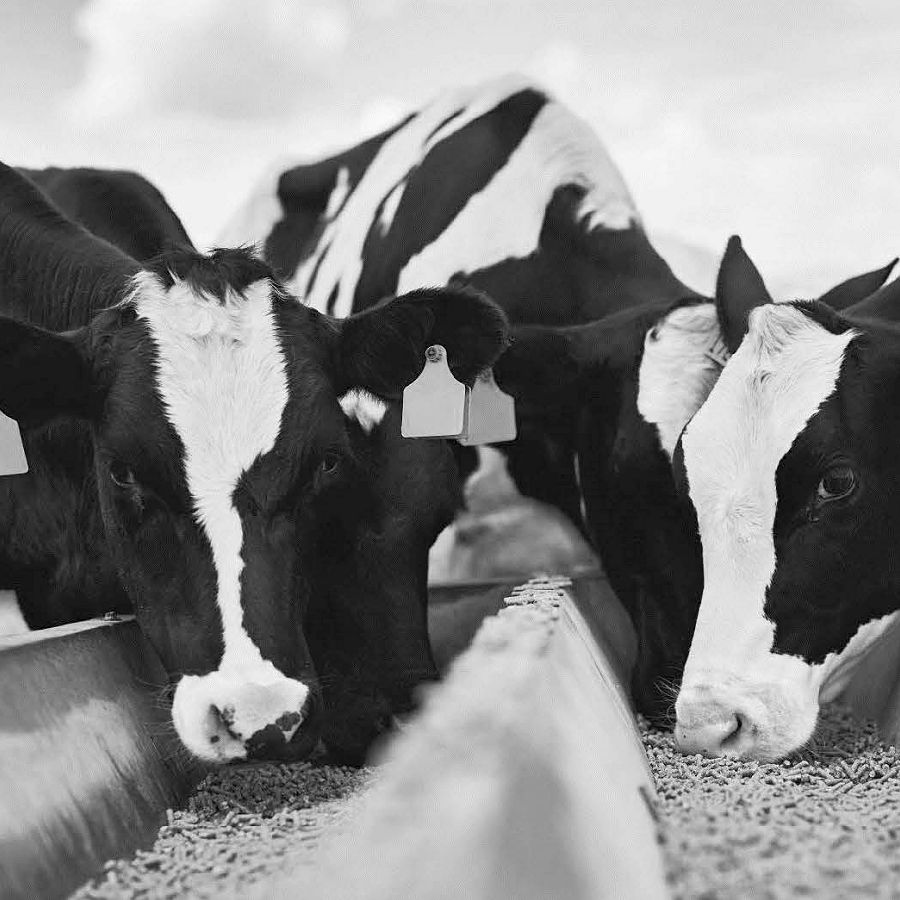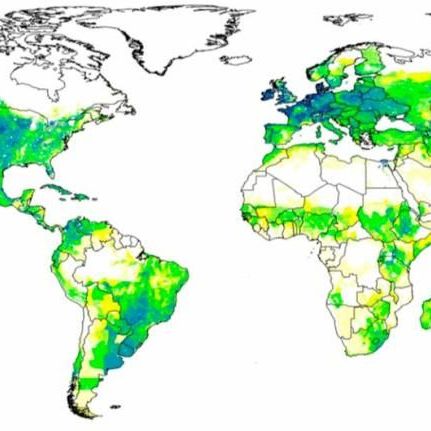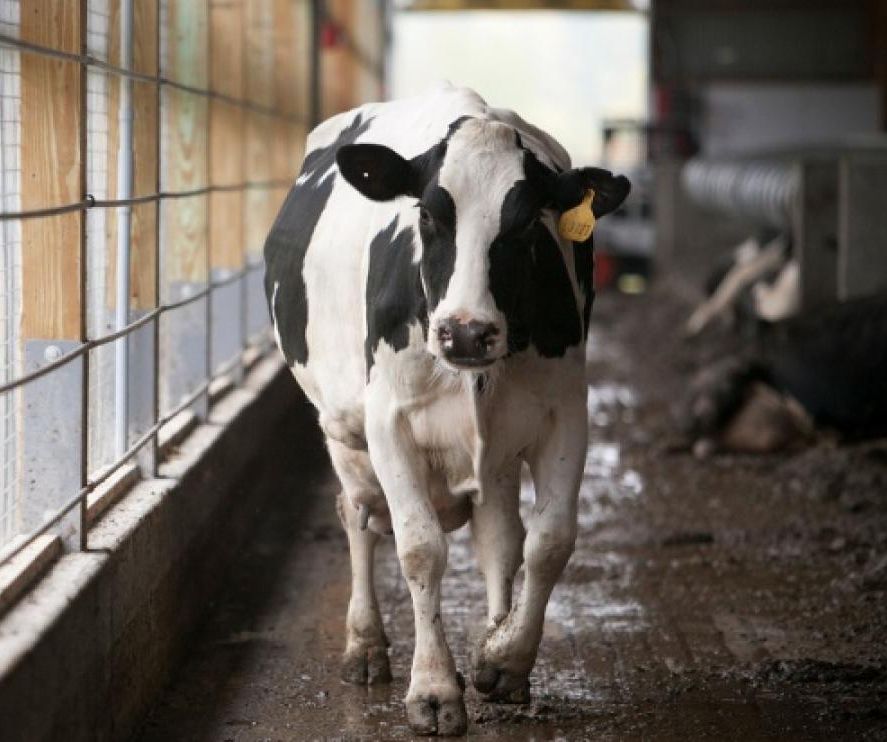Reducing methane emissions is a critical component of new global commitments to reduce planetary warming, and Cornell researchers are developing tools and strategies to reduce emissions, particularly in the agriculture sector.
- Methane is the 2nd largest contributor to global warming after CO2.
- Targeted methane reduction can accelerate climate stabilization and help achieve the IPCC’s goal of limiting global warming to 1.5⁰ C.
- The Global Methane Pledge was launched in 2021 by the Biden administration, European Union counterparts, the United Nations Environment Program, and major U.S. foundations to mobilize policies and practices that will accelerate methane mitigation from all sources. Signatories agreed to take voluntary actions to reduce global methane emissions by at least 30% from 2020 levels by 2030. Reductions that are projected to reduce warming by 0.2° C by 2050.
How are we doing it?
- Emerging research at Cornell aims to develop new tools and agricultural practices that reduce both enteric and manure methane emissions from livestock, and methane associated with rice production.
- Seeking dietary approaches to enhance conversion of dietary energy to meat and milk production while reducing enteric methane.
- Developing and applying a holistic method to define the efficacy of methane-reducing feed additives to ensure that efficiency, animal health, and the composition of animal-sourced foods are not compromised.
- Creating manure management practices to lower GHG emissions and nutrient runoff.
- Enhancing the efficiency of meat and milk production in developing countries.
- Expanding consumer awareness.
- Developing and refining agricultural policy for farms, the environment, and society.
- Identifying paths to accelerate academic-industry partnerships to expedite technology development.

